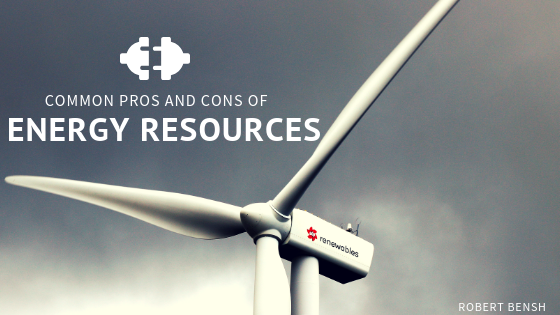There has been a lot of discussion regarding energy security and energy risk lately thanks to the progression of major world events. To understand the importance of security and risk in a global context, it is first imperative that we understand the differences between three major energy sources. Each source comes complete with its own set of benefits and challenges.
Renewables
Renewable energy includes resources that are natural and (relatively) abundant. Wind energy and solar energy are two examples that come to mind. The global perception of this field is generally positive, but there are risks involved that one must consider before deciding to rely solely on renewable energy
The benefits of renewables include market stability, job creation, low operational costs, and improved levels of environmental sustainability. Downfalls include low production rates coupled with high development costs, limited availability, and vulnerability to climate and weather changes.
Fossil Fuels
Fossil Fuels are perhaps the most common form of energy used today, although a large percentage of the general public perceive this as a negative. This category includes things like crude oil, natural gas, and coal. While many are familiar with the risks associated with using fossil fuels, few are familiar with the positive aspects of this primary energy resource.
The benefits of fossil fuels include a high energy output coupled with a low cost per unit energy, availability in an easily transportable form, and a large system of in-place infrastructure already in place. In addition, many of the worlds other products require fossil fuel for the production process and the product itself. Contrarily, fossil fuels are a finite resource which, at some point, is bound to be depleted. They are less environmentally friendly than the other sources, and relatively dangerous to procure.
Nuclear
Nuclear energy is the result of a process called nuclear fission, which often brings to mind images of explosions and meltdowns. But, though these things can and have occurred on occasion, there are a few reasons why one might consider transitioning to nuclear energy resources.
The benefits of nuclear energy include low operating costs and even lower pollution rates. They are also extremely proficient resources. Neither pro nor con is the fields reliability. Current production relies on Uranium, which is a depletable resource. Technology, however, allows us to manufacture other “fissionable” resources with which we can produce nuclear energy. The negatives of this particular resource include radioactivity resulting from production processes, extreme levels of danger for industry employees, and volatility levels that attract unwanted attention from terror groups.
Each energy type has its own list of positive and negatives, making it difficult to determine if any one should reign supreme over another. For this reason, many experts and analysts have posited that perhaps the best way to ensure global energy security is to eliminate competition between these resources by promoting complementary production.

